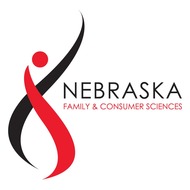Child Development Theorist Evaluation (Lesson 4)
(View Complete Item Description)This unit comprises a series of introductory lessons about child development theories. It is intended to help students differentiate each theory and its theorist, not necessarily help students learn the particulars of each theory. That will come later. The notes are given in a very visual manner with the student writing directly on the image of the theorist they are studying. Interactive reviews are provided to help students solidify their learning. These theories will come up throughout a child or lifespan development class, so it is important that the information be learned and retained.Piaget, Erikson, and Kohlberg are all studied. It is best if they are studied in this order as bell ringers and review materials are designed accordingly.
Material Type: Lesson




















